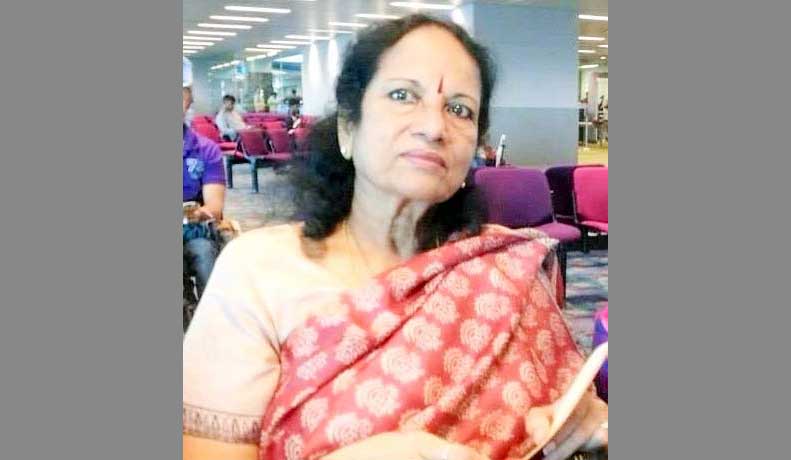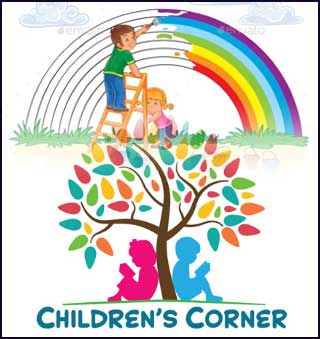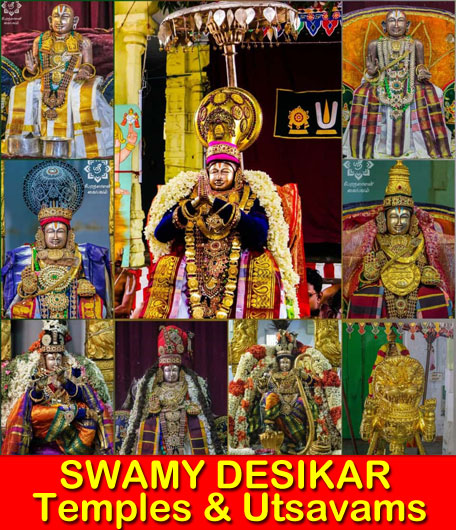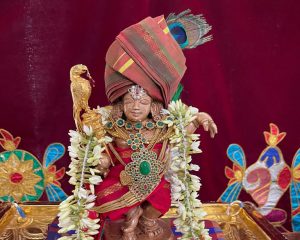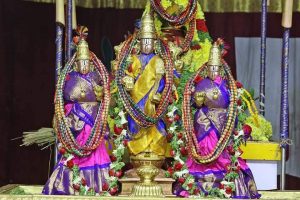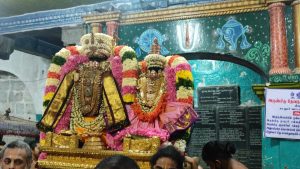Vani Jairam, one of India’s most versatile voices, completed five decades as a playback singer. Born in 1945 to a Vaishnavite couple, the ace-singer had a long cherished career without any blemish, as from classical to carnatic rendition she had everything in her stride. Vani’s voice, range, diction and rendition need no introduction. The versatile singer made her debut as a playback singer with the popular song, ‘‘Bole re papi hara’, from the Hindi film Guddi in 1971. The composition by Vasant Desai and her rendering look even today, as if it is a latest song that emanated from Bollywood.
Vani has the rare honour of singing in over 18 Indian languages, and speaks all four southern languages fluently, apart from English and Hindi. A voracious reader with razor-sharp brain, her memory is astounding. She vividly remembers the names of movies, producers, composers, dates or times. For instance, during a programme in Malaysia, where she shared the stage with the legendary music director, M.S. Viswanathan, the late composer lauded her for remembering his compositions more than he could. In fact, at the age of 77, her voice is just as beautiful, seemingly untouched by time, similar to the late versatile singer, S.P. Balasubramanian.
It may be recalled that Vani was an articulate student of music, an ardent listener of All India Radio, a huge fan of ‘Binaca Geetmala’ programme by Ameen Sayani in the yesteryear. Recognising her musical talent, her late husband, Jayaram, took her to his guru, Ustad Abdul Rehman Khan. The composer Vasant Desai was her guru’s friend and he made her sing three songs in ‘Guddi’, and with that she became a household name across India. Soon after, Pt. Kumar Gandharva agreed to sing with her, and the evergreen Marathi song ‘Runanubandhacha’ was recorded. Her solid training in classical music, her ability to absorb the finer points, as MSV used to call her “blotting paper”, made her a sought-after singer.
Though, Vani began her career with a truimphant note in Bollwyood, the cesspool of politics in the tinsel world had petrified her initially. ‘Kumudum’, a renowned Tamil weekly wrote, Vani regretted that the composer Vasant Desai had to shift the recording of the song ‘Bhole Re Papi Hara’ to an unknown place after certain vested interests had posed constraints for his unit, thereby implying that unless he removes Vani from the recording studio, his position will be in joepardy. That particular incident perhaps prompted Vani to specifically point out in an interview: “My story was no different from that of other yesteryear Bollywood singers Suman Kalyanpur and Shamshad Begum, among others.”
Coming back to her memorable songs, Vani rendered different kinds of songs under different composers with utmost ease. For instance, ‘Kelviyin Nayagane’ from K. Balachander’s Tamil film ‘Apoorva Ragangal’ is a fine rendition in Darbari Kanada. The song shifts its rhythm pattern, is set to a higher pitch, and Vani handled its complexities with natural flair. Likewise, ‘Ezhu swarangalukkul Etthanai Padal’ from the same film is a ‘Ragamalika’ set to Pantuvarali, Ranjani, Sindhubhairavi sand Kamboji. Vani was looked at as the composers’ choice for difficult songs. She also sang Bhajans with distinction. Can anyone forget her rendition “Nitham, Nitham, Nela Soru’ for late ‘Fata Fat Jayalaxmi’ in the Rajanikant starrer, ‘Mullum Malarum’. She also excelled in a duet song with Jesudas, ‘Kannan Oru Kai Kozhandai’ in ‘Bhadrakali’.
Vani sang ‘Manasa sancharare’ for the Telugu national award film ‘Sankarabharanam set in the carnatic idiom with aplomb. She foregrounds the spiritual and heightens the experience of the lyrics. Known for her classical renditions, she is fine-tuned to the rural diction, the folk tune perfectly. The highs and lows of emotions she paints through her wistful rendering make the listeners hear her voice time and again. For example, in ‘Yeno Moha’, the Kannada song, which she rendered with the Kannada matinee idol Rajkumar for the film ‘Keralida Samha’, was at her sensuous best. A lullaby from the Malayalam film, ‘Puli Murugan’ is another noteworthy rendition. Many singers will come and many will go, but Vani will be remembered forever.
Before her career in films took off, Vani was a bhajan singer, sharing stage with stalwarts like Hari Om Sharan and Purushottam Das Jalota. She toured all over the world to showcase her mettle as a singing prowess. When the producer-director and lyricist Gulzar made ‘Meera’ in 1979, she sang all its songs under the composition of Pandit Ravi Shankar. Vani has also sung several sensational songs and duets with Mohammed Rafi, Kishore Kumar, Mukesh and Manna Dey in the past. The Lions International Best Promising Singer, the All India Cinegoers Association and the All India filmgoers association awards were bestowed on Vani in 1971 for rendetion of songs in Guddi, and especially for ‘Bhol Re Pappi Hara’. She also bagged the all India award thrice.
Vani also sang some fabulous songs in Gujarati, Marathi, Marwari, Haryanvi, Bengali, Tulu and Oriya. Like a musicologist, she demonstrates the movement of swaras, shifts in raga perspective, and other nuances in her music. When asked about her favourite playback singer in an exclusive interview to the renowned English daily ‘THE HINDU’, long ago, Vani quipped: “I have many favourites, but topping the list is Mohammed Rafi”. Fair enough! There is no iota of doubt that the veteran Vani thrives on music and is never sick and tired of encouraging the upcoming talents.
K.V.V
Chennai


